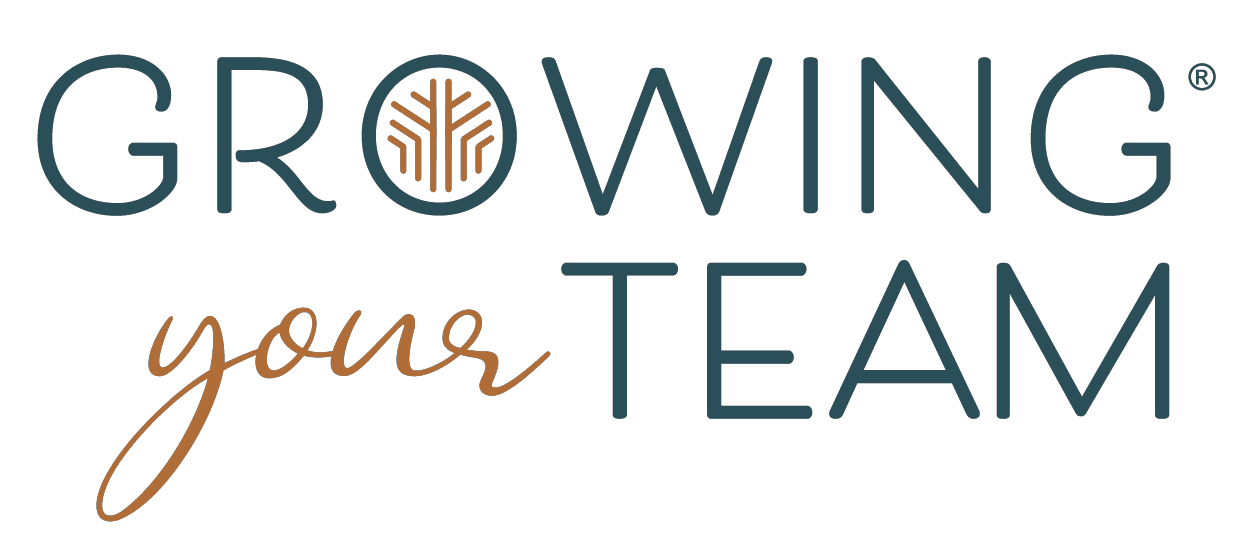What Questions Should I Ask a Candidate During an Interview?
Asking the right questions in your interviews is crucial for making sure that you hire the right person.
Interviews are not about having a candidate repeat the points you have already read on their resume. They are about discovering the specific information you need to be able to make that important decision.
Does your interviewee have the required skills and experience to achieve the targets they would have in this role? Do their values align with those of the company?
The right questions can make the interview process quick and easy for selecting the right candidate. They can help you to be sure you are hiring the right person for your team and avoid the high costs associated with a bad hire.
Read on to discover exactly how to prepare your interview questions and find your perfect new team member.
Ask about specific experiences that relate to the role
One of the most common mistakes that interviewers make when they are hiring a new employee is to use hypothetical questions about how the candidate would respond to certain situations.
For example: “How would you respond if you had a problem with a coworker?”
While it seems like you’d gain useful insights from these questions, they’re actually very unhelpful.
Why?
Because they don’t allow the candidate to supply you with any evidence to support their answer. Instead, the candidate is more likely to make up an answer that they think you want to hear, which doesn’t allow you to assess them accurately at all.
It’s much more helpful to ask your candidate to tell you about specific experiences they’ve had that directly relate to the role they are interviewing for.
By doing this, you turn a hypothetical question into a behavioral one.
For example: “Tell me about a time you had a problem with one of your coworkers. Can you explain the situation and how you worked through the issue?”
See how this time, the candidate is able to give you specific examples of when they used this behavior to de-escalate an issue or help their team to achieve something?
Learning how a candidate performed and reacted in the past gives you the ability to predict how they will perform and react in the future.
You can read more about behavioral interview questions here.

Three steps to deciding what behavioral interview questions to ask
Behavioral questions are extremely helpful during the interview process, but it can be a little overwhelming choosing which ones to include for the best results. These simple steps will help you to get started.
Step 1: Select four to six competencies you want to explore
These should be the skills, experience, or qualifications that are the most important for your new team member to have if they are going to succeed in the role.
Remember that the competencies for this role will be different from the other roles that you have hired for as they need to be specific to the tasks that this team member will complete. However, you should also consider including some questions about competencies that align with your company values, as this is equally important to assess.
For example, for a marketing team member who will lead other marketing team members, the competencies that might be important to you could be Digital Marketing, Project Management, People Management, Communication, Collaborative.
Step 2: For each skill set or competency, select one behavioral interview question
Remember to make sure you ask for a specific example, and encourage the candidate to give you as much detail as possible about the situation, what their responsibilities and assignments were in that context, the steps or procedures that they personally took to impact the situation, and what the outcome was for them and for their team.
For example, for people management you might start with the question, “Tell me about your experience leading internal or external teams when it comes to marketing initiatives.”
Step 3: Add more questions to each of the skill sets or competencies until the interview plan is full
This is where you can start to build on the structure you already have to make sure you include enough questions to feel confident that you are hiring the right person. Plan for each question to take between two and five minutes, and remember that you might need to ask follow-up questions to get all of the information that you need.
Behavioral interview questions should take up roughly 75% of the interview. The remaining 25% of the interview should focus on general questions about how suitable the candidate is for the role and for your company.
For example, additional people management questions for this position could include the following depending on what people management skills are important for the responsibilities or authority of the position.
- Tell me about a challenge you experienced when leading team members and how you navigated this challenge.
- With the teams you have managed, have you ever been responsible for or been involved in the decision to add additional people resources?
- Can you give me an example of how you have helped a team member, whether a direct report or peer, improve?
Your interviews should be 75% behavioral questions and 25% general questions
Once you have planned out your behavioral questions and ensured that they will take up roughly 75% of your interview, you can add a few general questions to make up the remaining 25% of the conversation.
You could begin these sorts of questions with something as simple as “Briefly walk me through your work history, starting with the most relevant experience.”
You might think this is not necessary since you’ve carefully reviewed their resume, but hearing a summary in the candidate’s own words will help you to discover which roles and qualifications they consider to be most important.
Further questions in this section should focus on the candidate’s suitability for the role and for your company. Remember that every question should have a specific purpose, so don’t include any that don’t give you valuable information.
Examples of questions that you could ask in this section include:
When searching for your next opportunity, what attracted you to apply for this position?
This will help you to discover what stood out to the candidate about the role, what is important to them in a job, and could also uncover any misconceptions that the candidate might have about the role.
If your goals are achieved, where do you see your career taking you?
When hiring for your team, you want to be sure that the relationship will last for the long term. Make sure their career aspirations will align with your own goals for the company and for the role.
Should you get hired, what do you think would be most challenging in this role?
This is another revealing question that will help you to see how much the candidate truly understands the role they are applying for, and whether they have the skills to hit the targets you will set. In addition, no new role should be without its challenges. You can see if a candidate is self-aware of their own growth opportunities.
Are you looking for help preparing interview questions for your next hire?
Are you ready to hire a new team member for your business, and want to ensure you hire the person who can succeed in the role, make you happy, and positively impact your bottom line?
Growing Your Team can take the work off your plate by helping you determine what skill sets and qualities need to be dug into during an interview. We also provide you with a bespoke hiring strategy which includes a custom-made interview guide that focuses on your hiring needs.
So let’s set up a time to chat! Click here to book your free jump-start consultation

